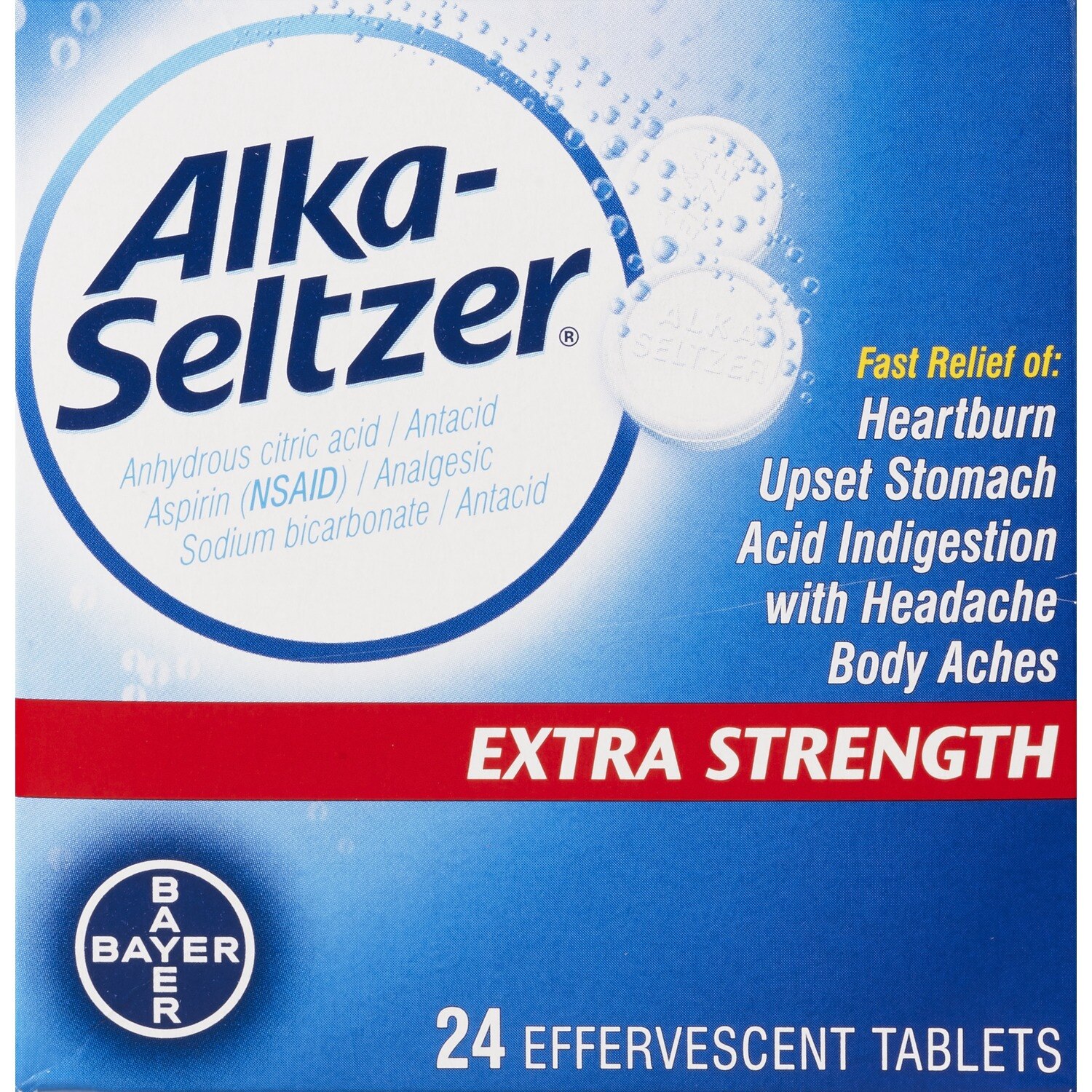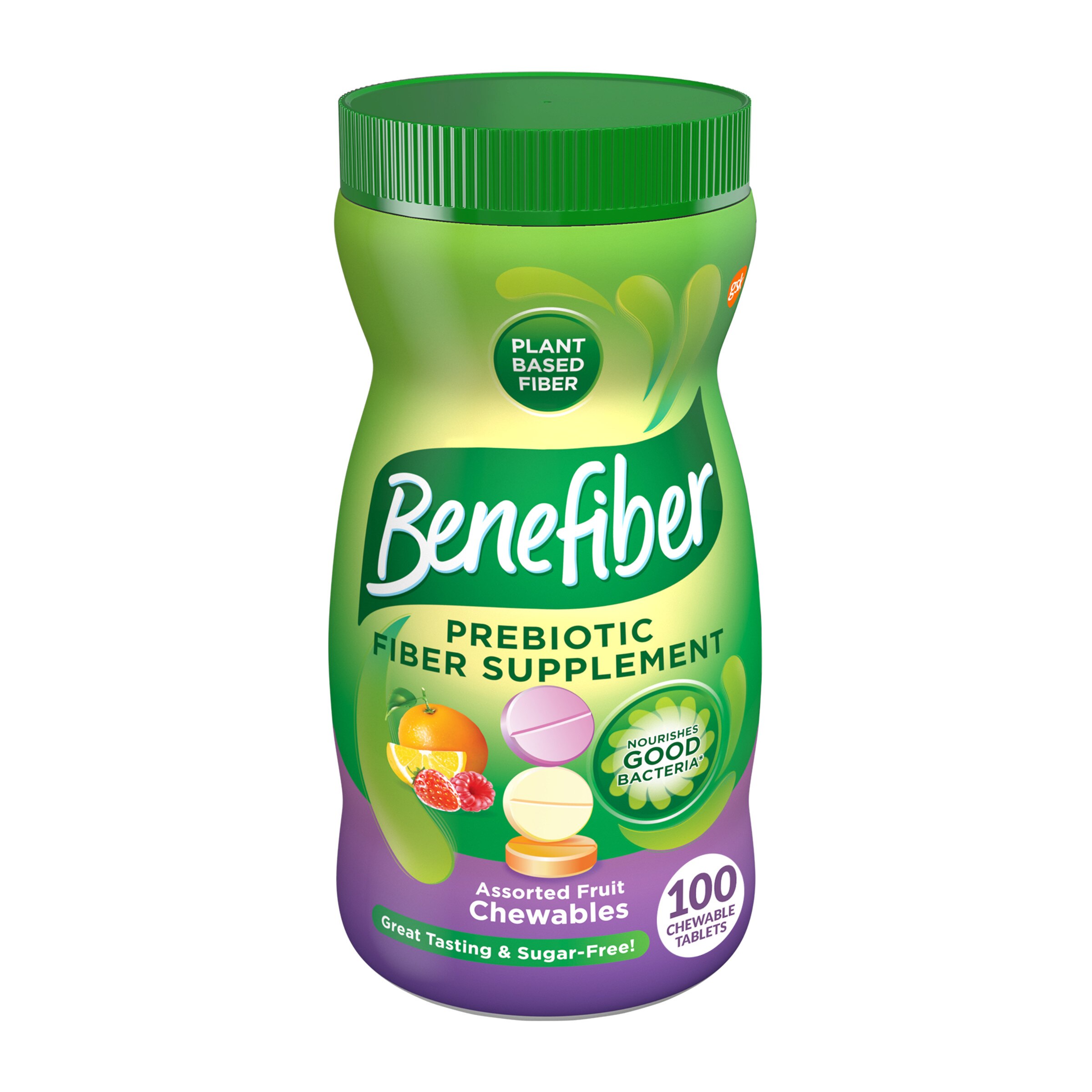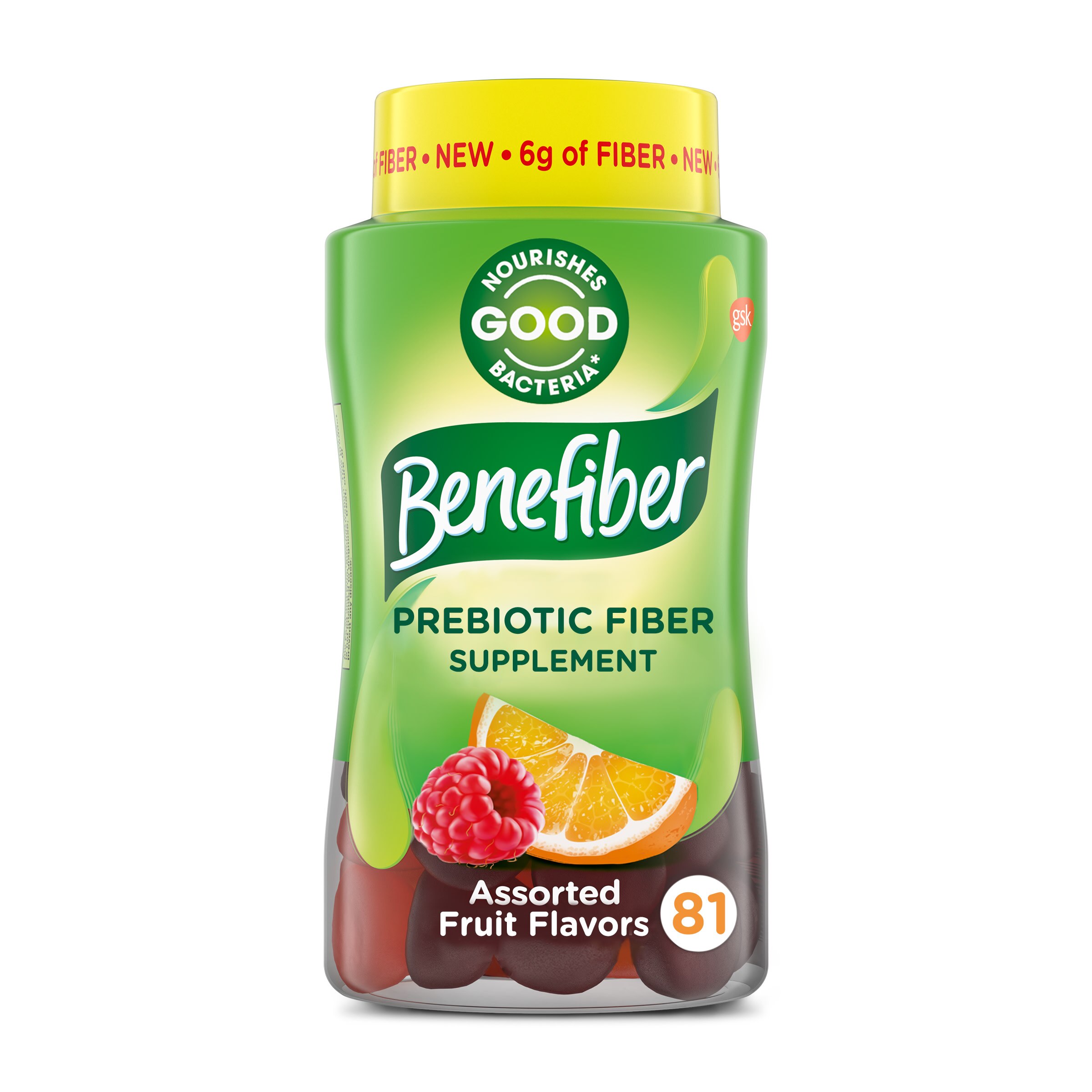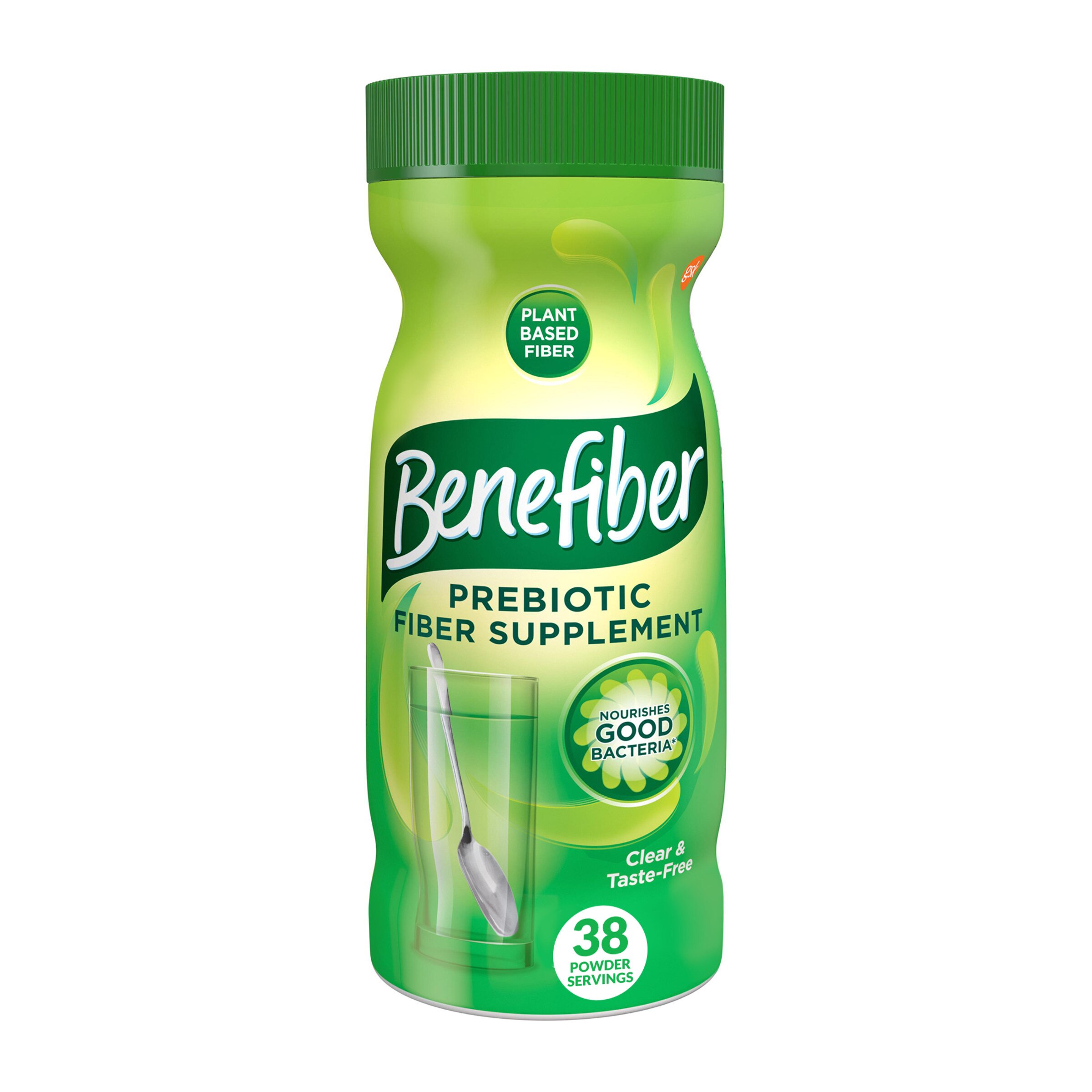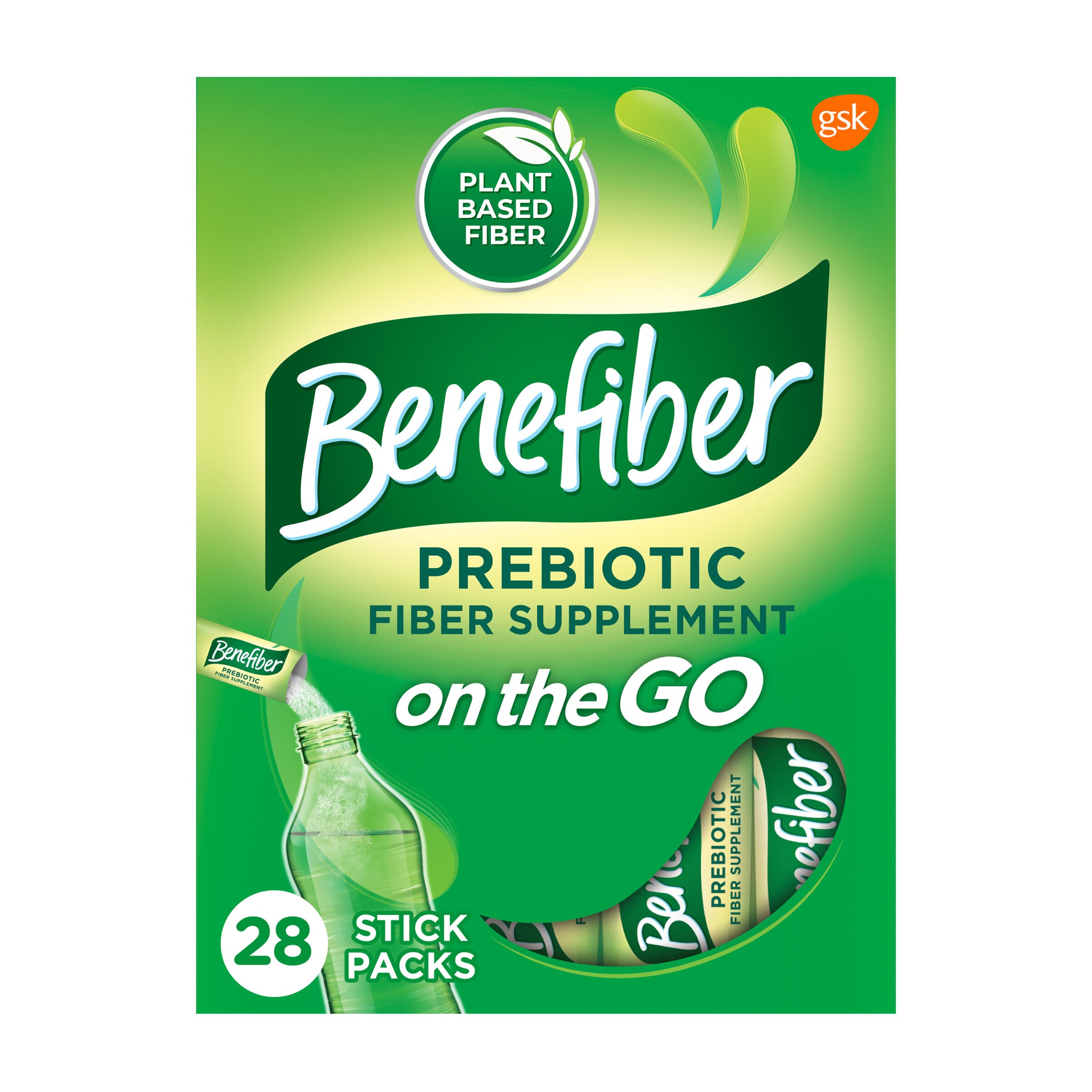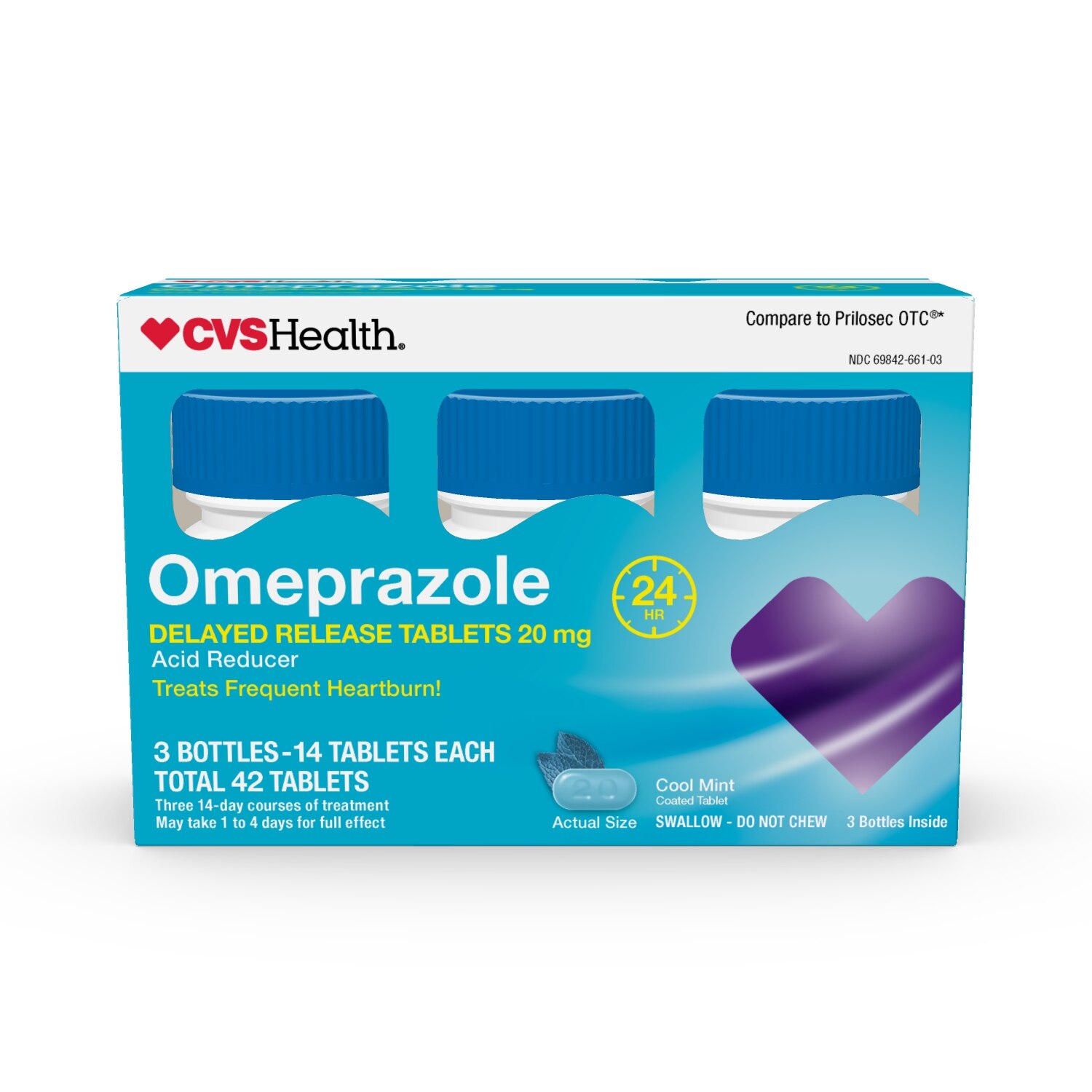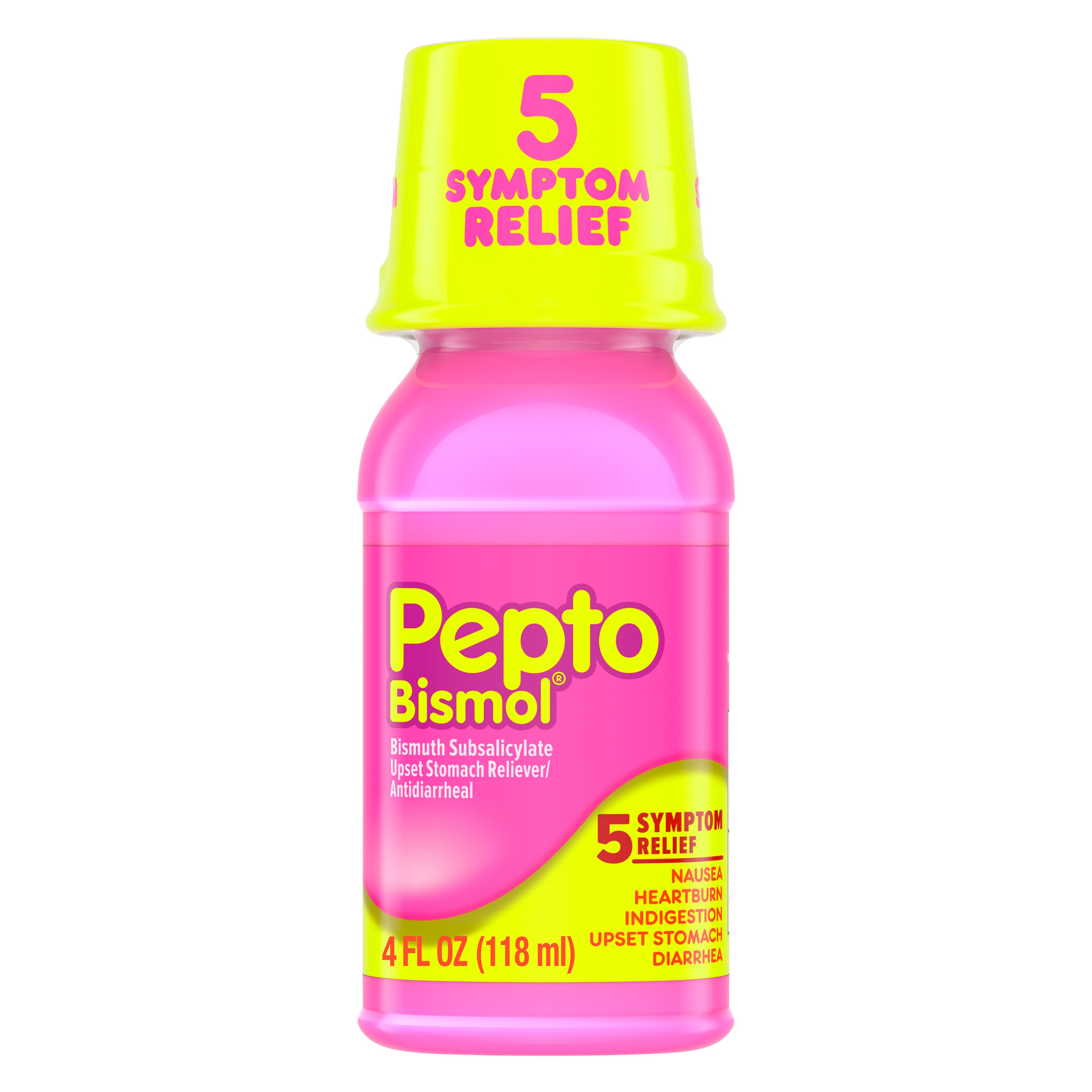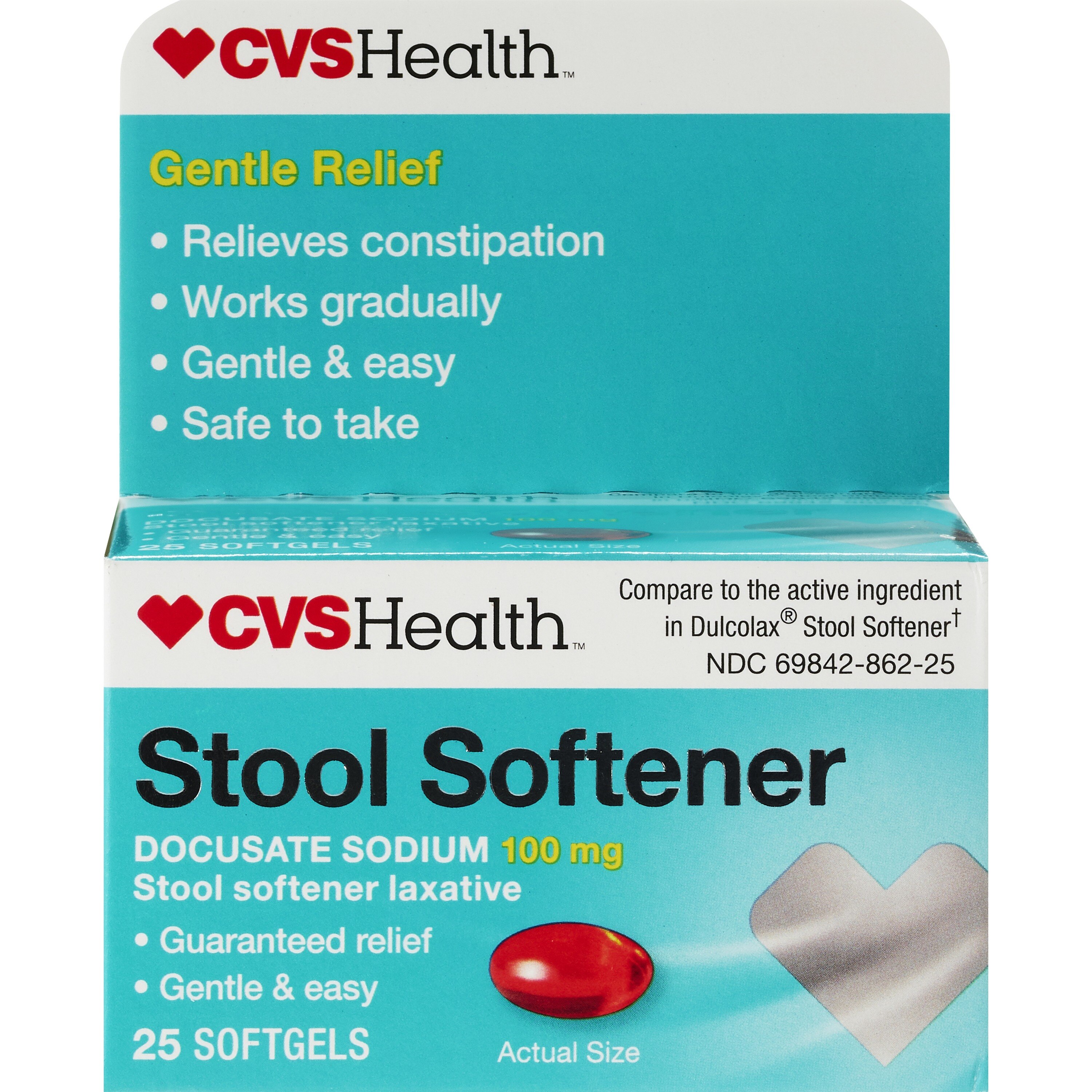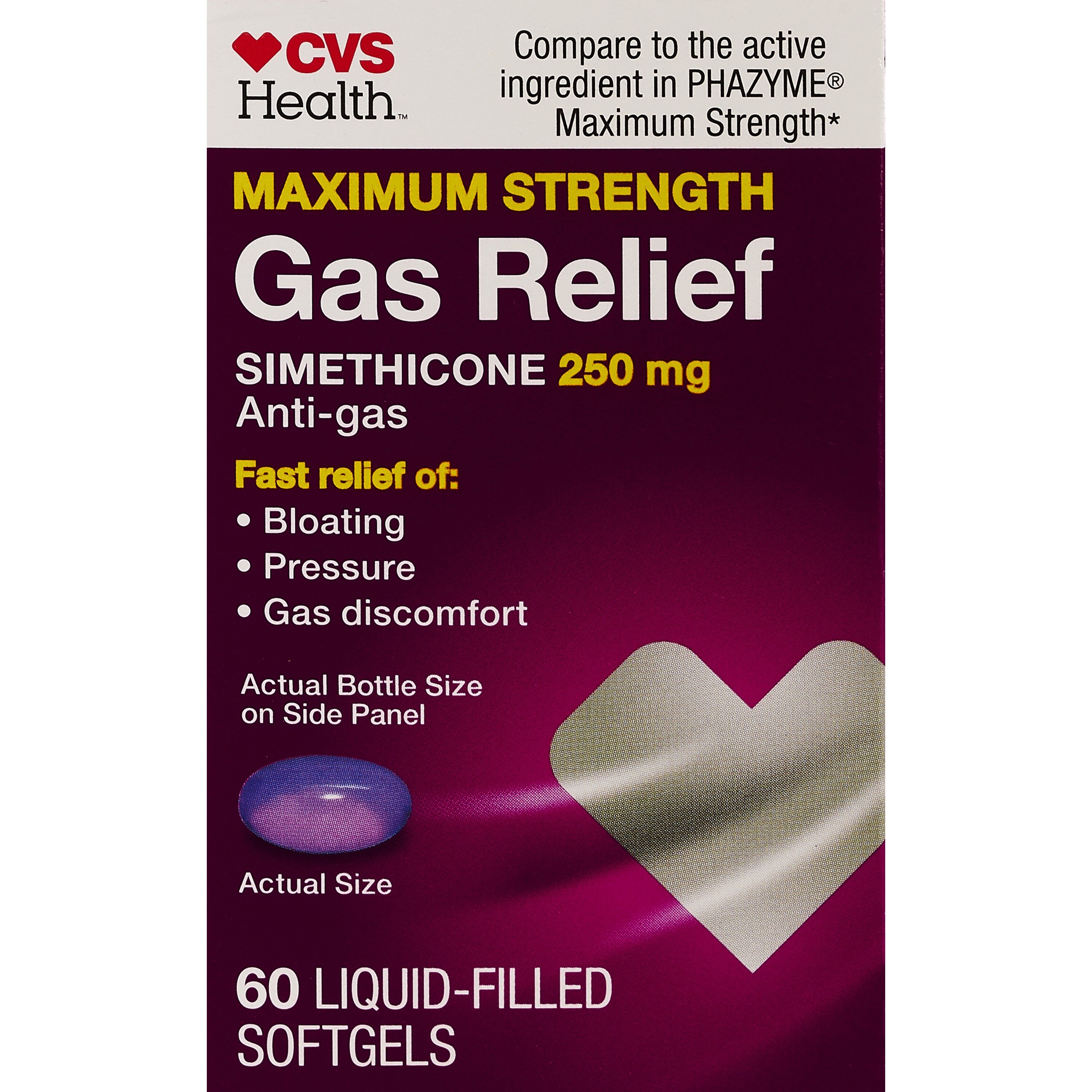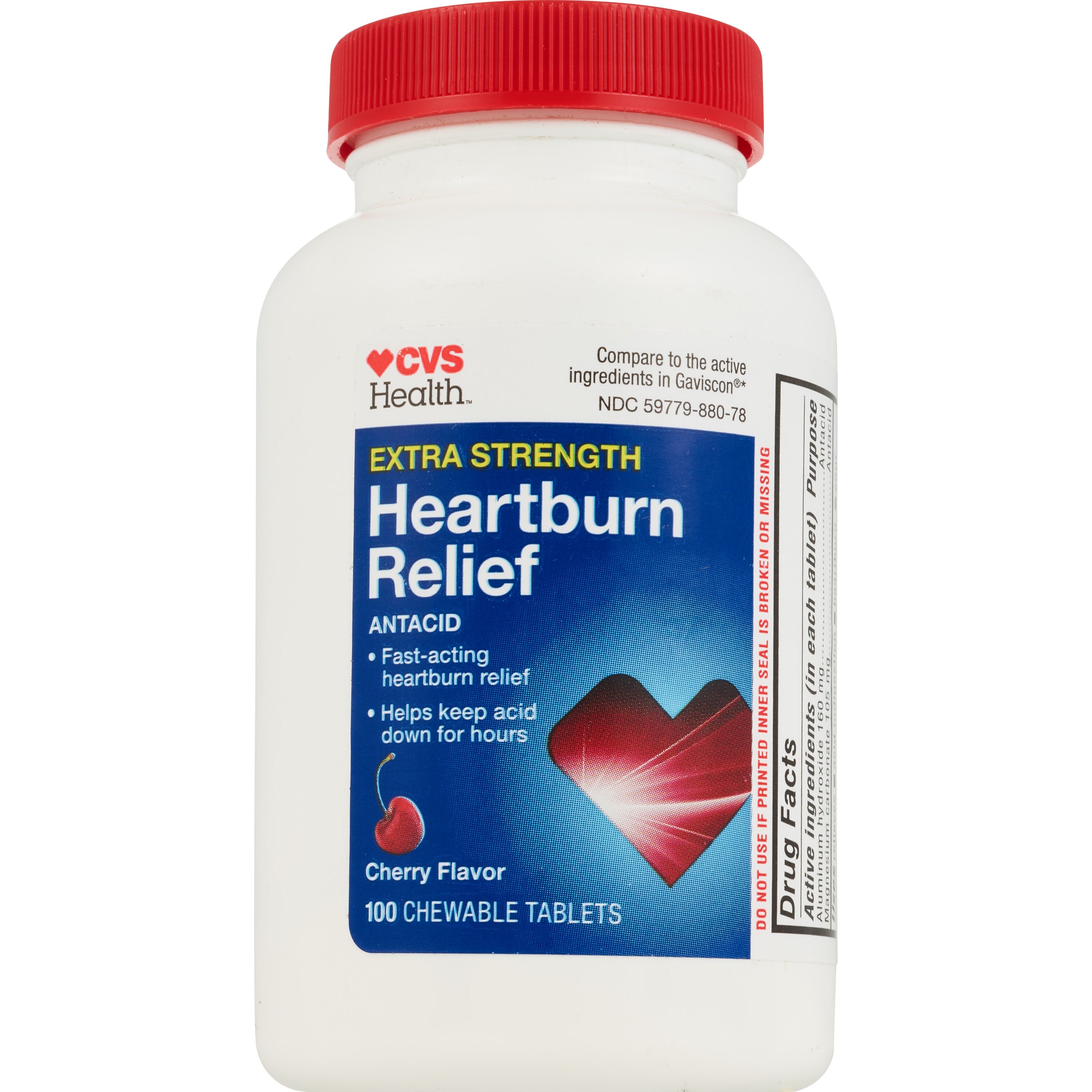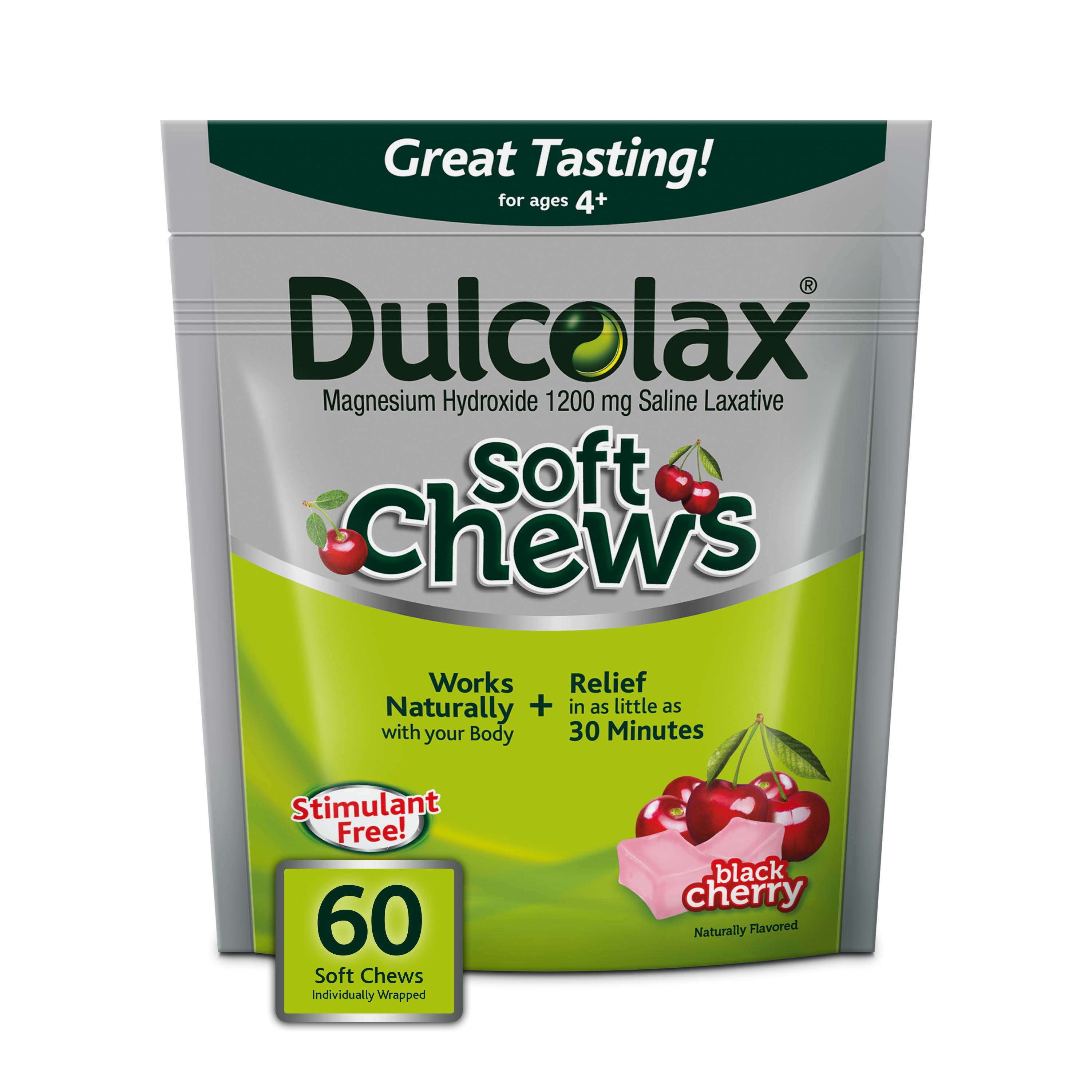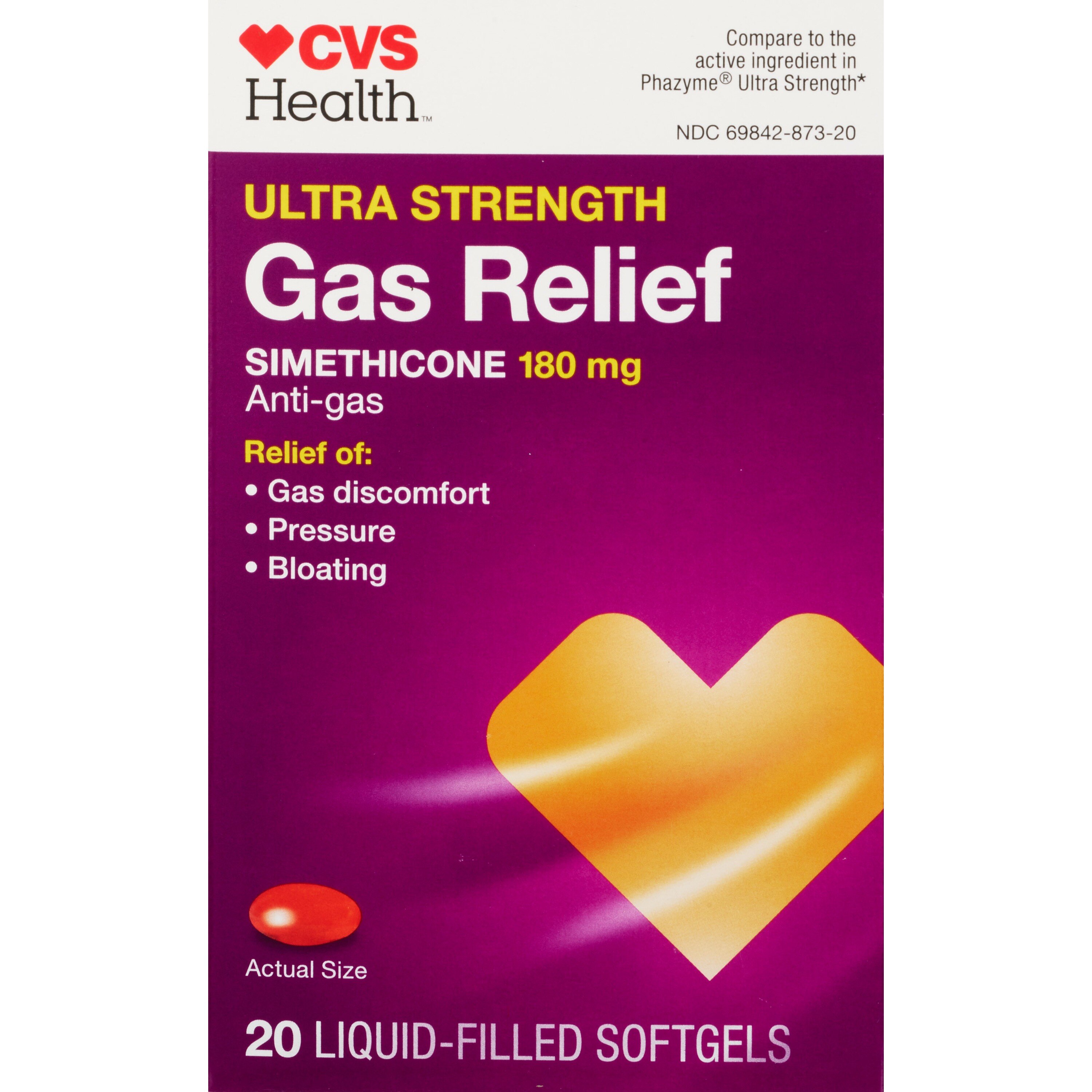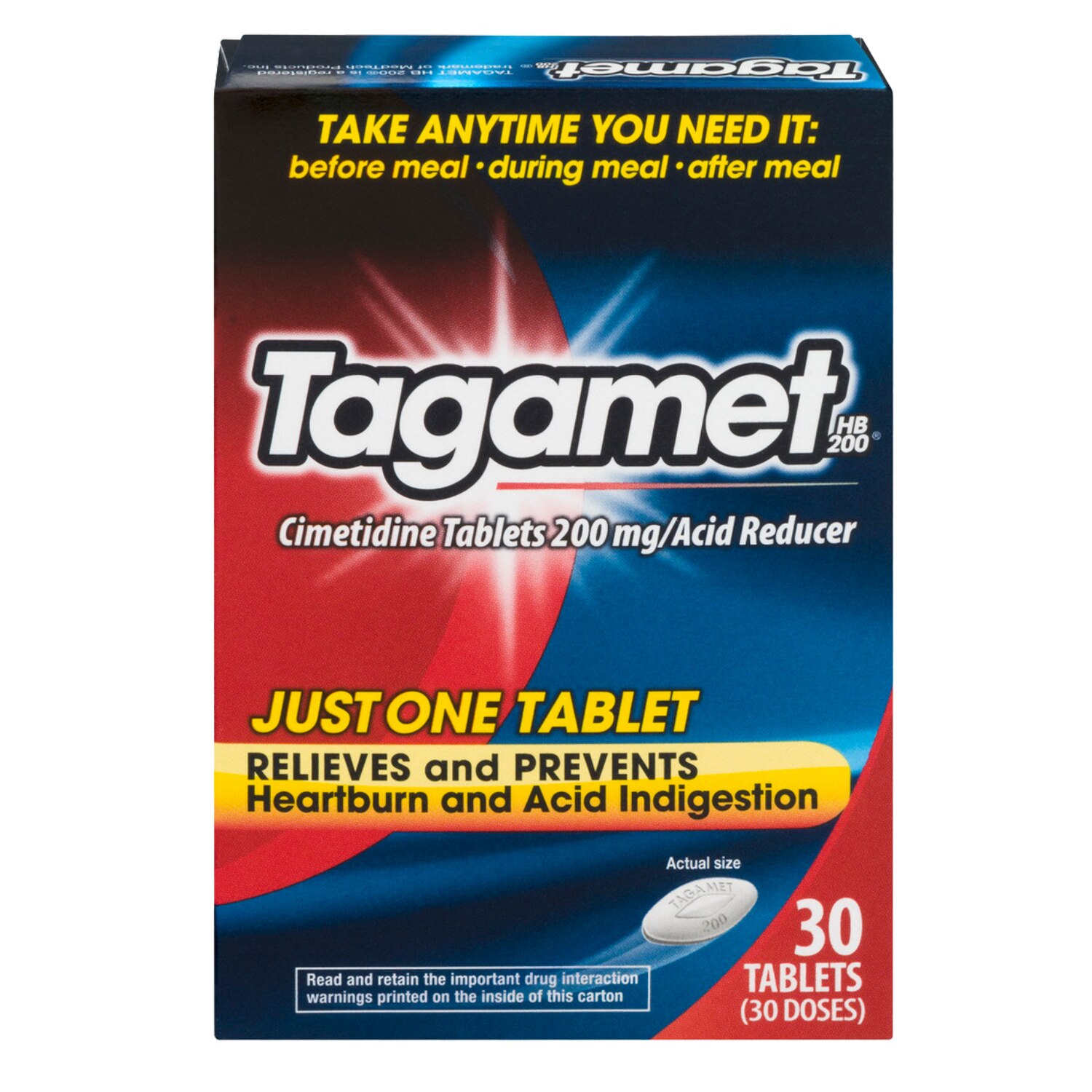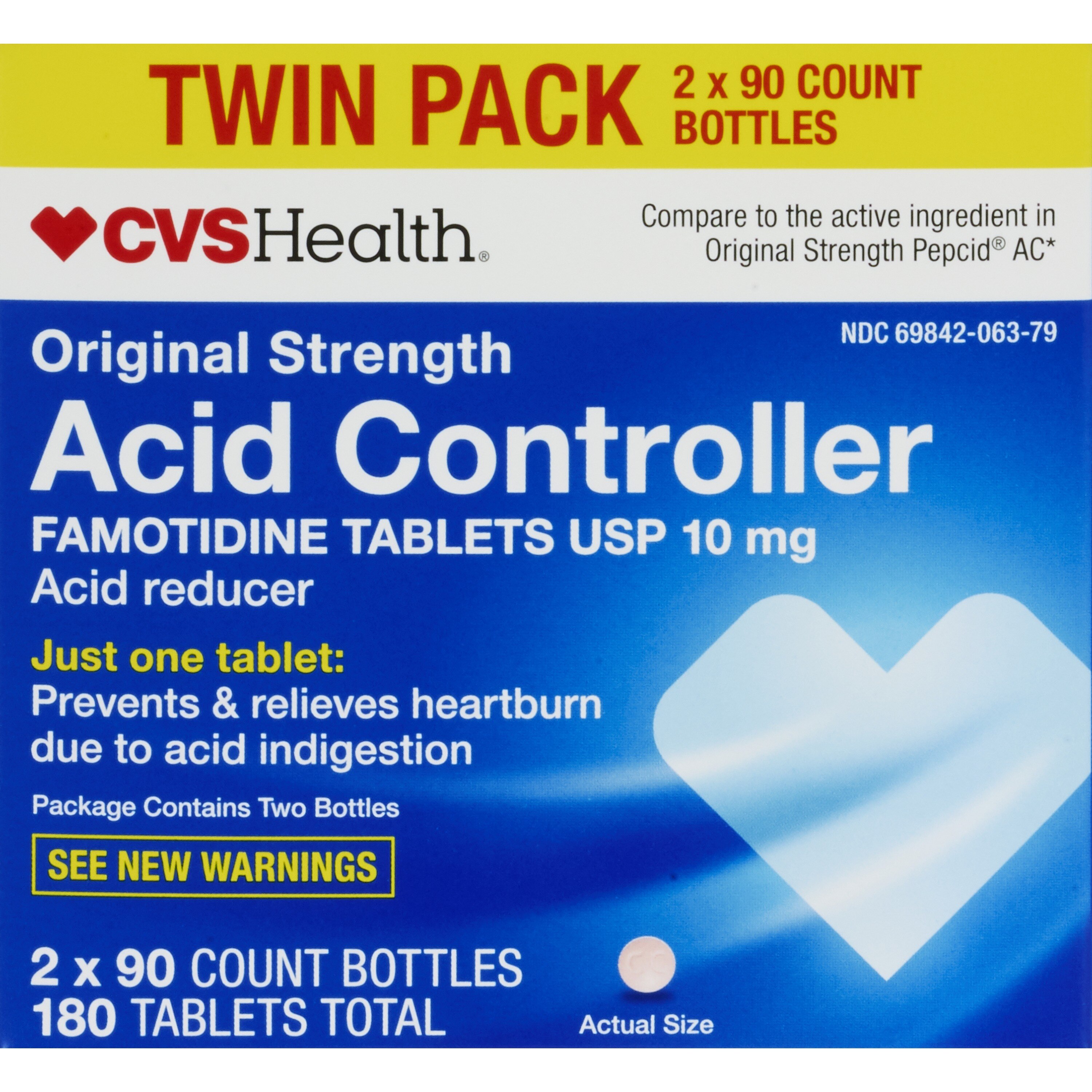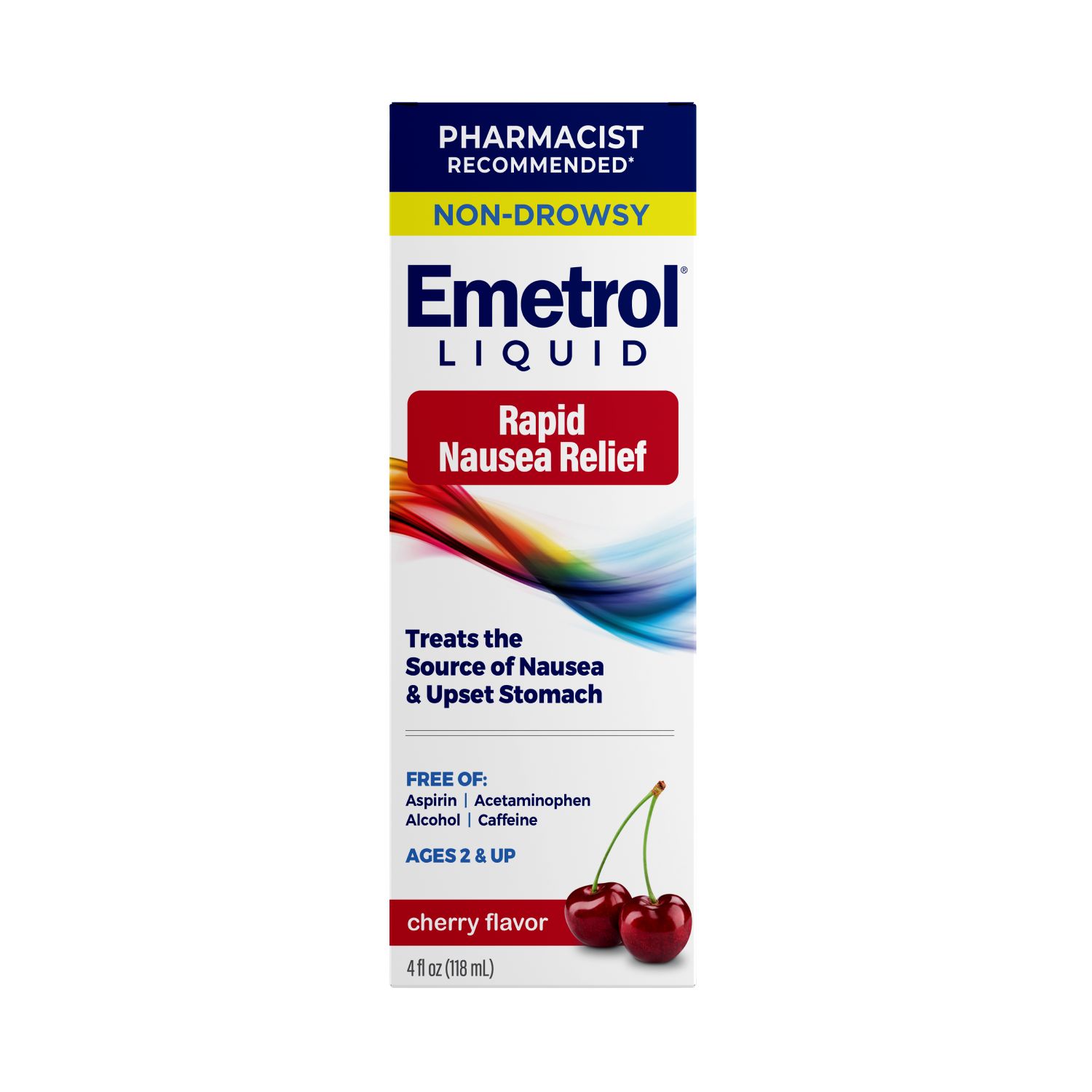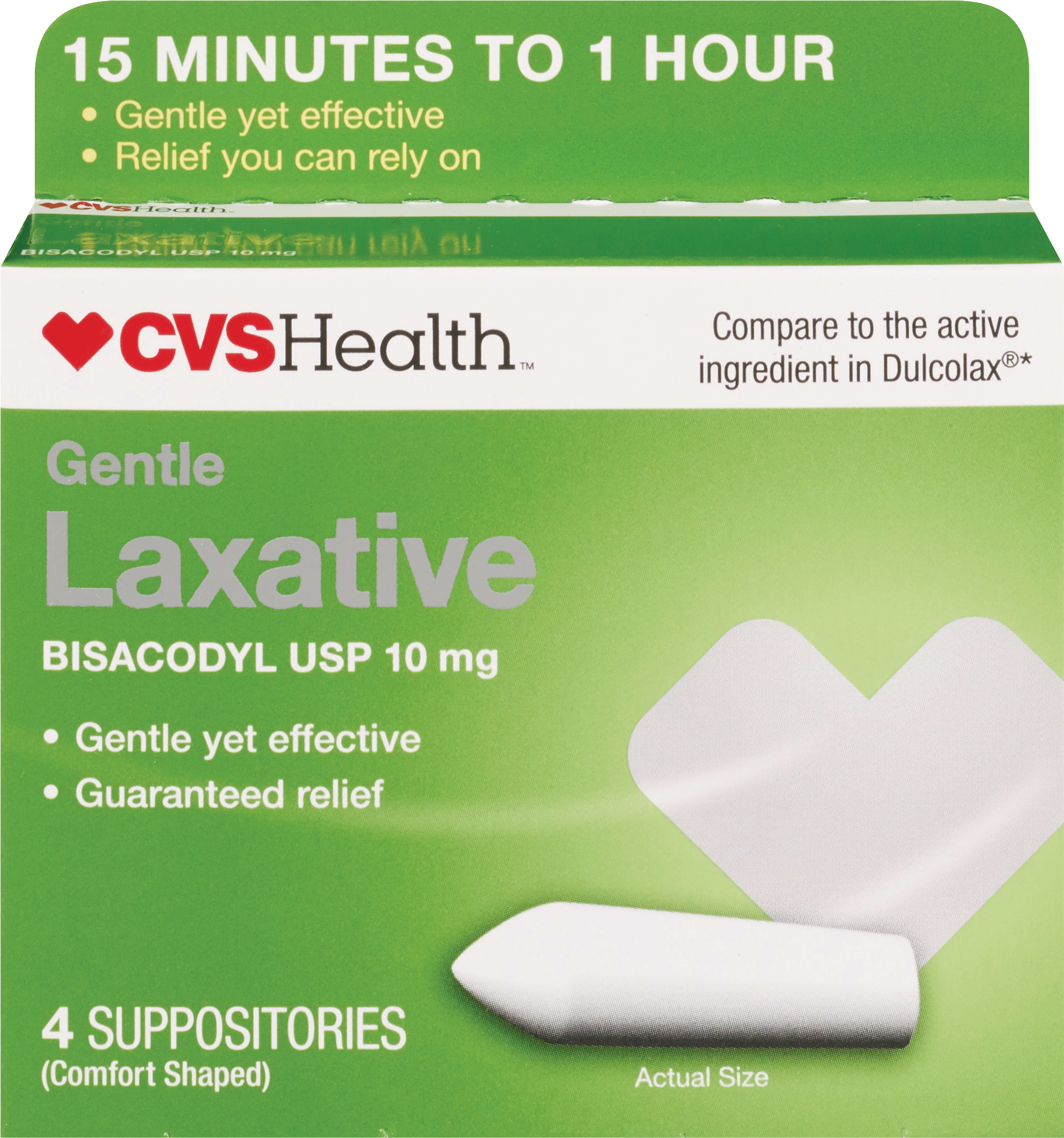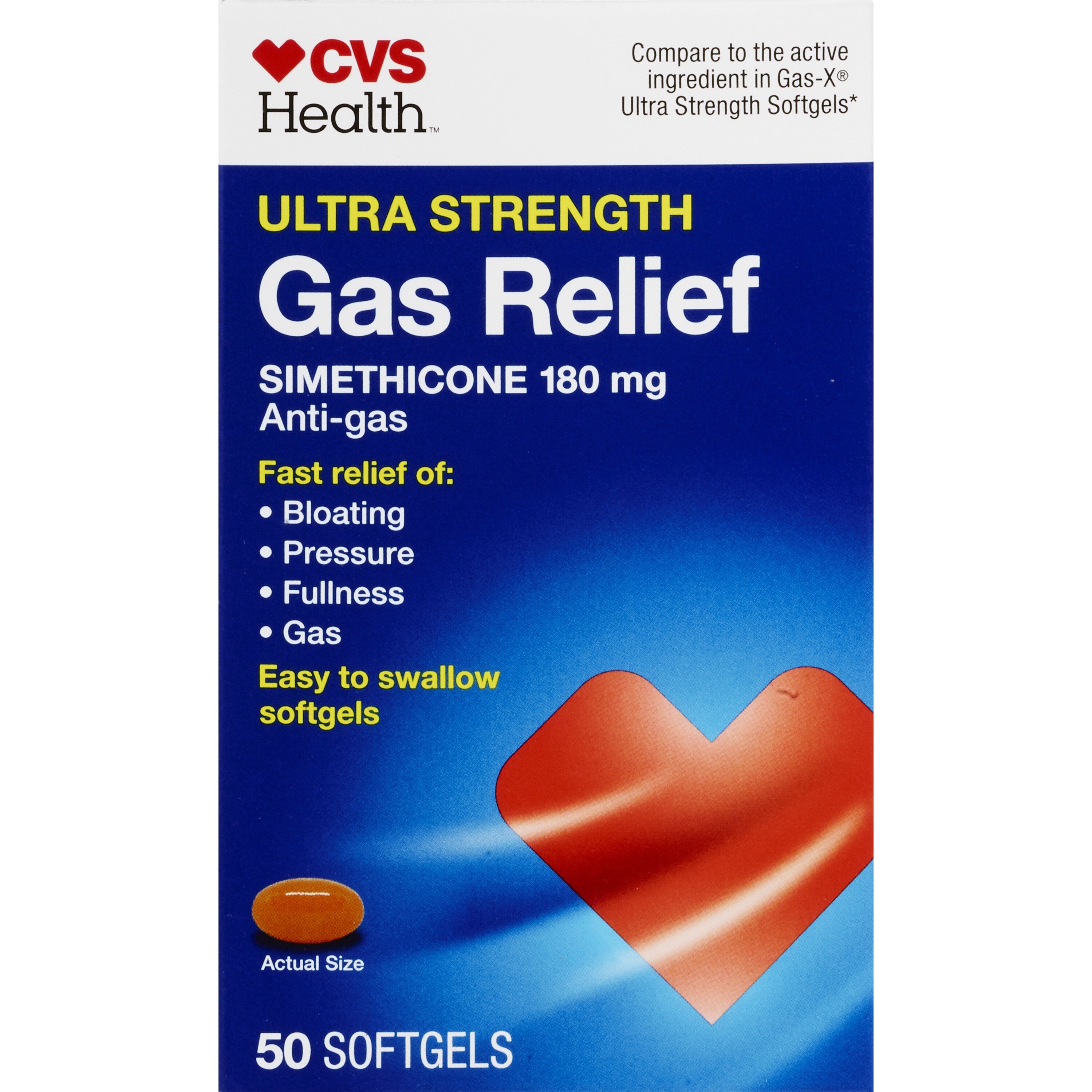FSA Eligible Digestive Health
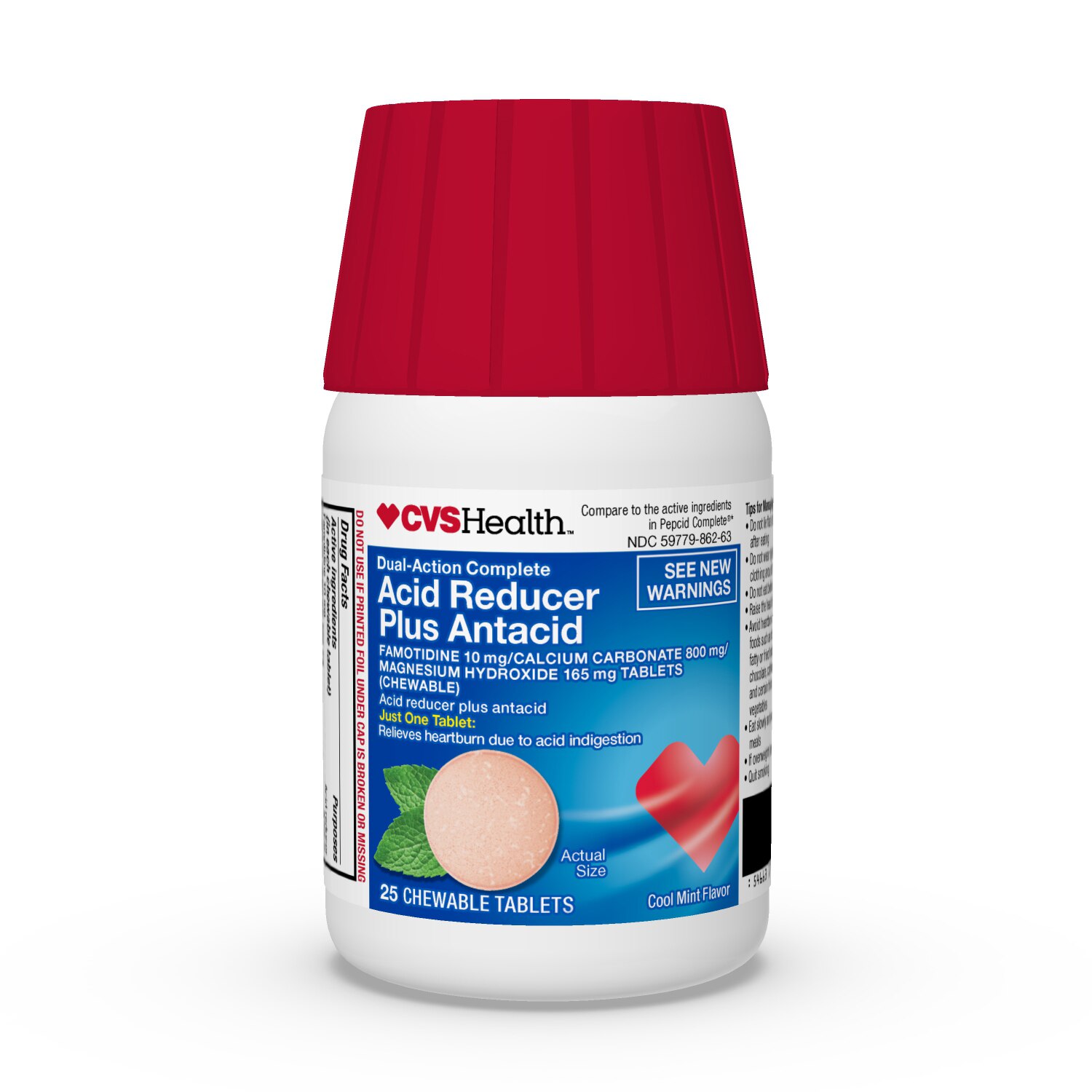
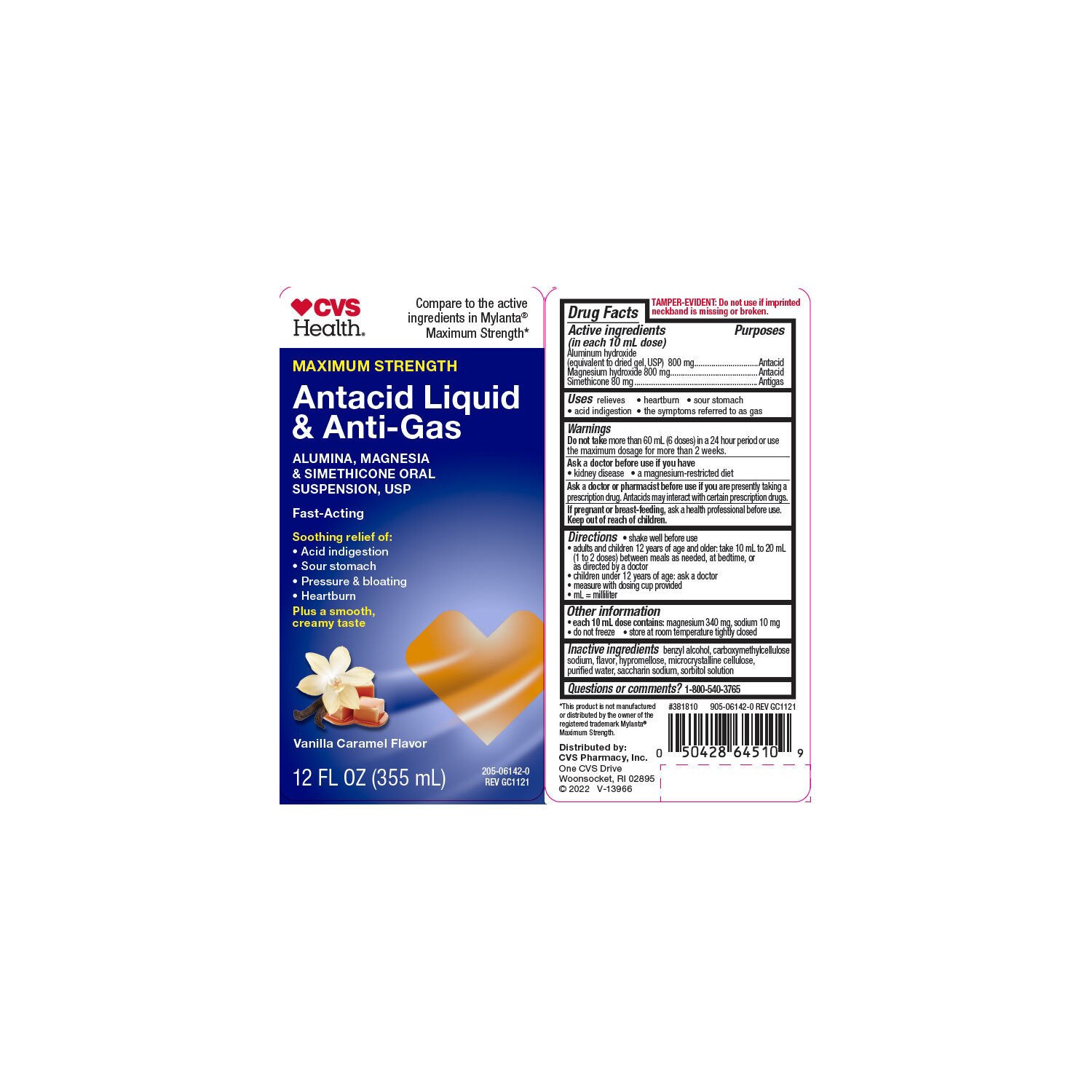
What Digestive Health Products Are FSA Eligible?
Nearly everyone experiences digestive issues from time to time. With so many complex processes working together, even slight imbalances can have uncomfortable consequences, including heartburn, constipation, painful bloating, or diarrhea. Not all that long ago, you would have needed a letter of medical necessity (LMN) to use FSA dollars for over-the-counter digestive health products. Not anymore.
The CARES (Coronavirus Aid, Relief and Economic Security) Act lifted the LMN requirements for many over-the-counter medications. While there are exceptions, most digestive health products are now FSA reimbursable. Eligible items include acid-reducing medications, antacids, laxatives, and anti-diarrheal products. For a complete list of qualifying medications and treatments, consult your FSA administrator.
Is Fiber FSA Eligible?
Most people consume far less fiber than their bodies need for overall health and wellness. That likely explains why so many people rely on fiber supplements to aid digestion and promote healthy bowel function. While there are many reasons to consider adding a fiber supplement to your routine, FSAs are intended for medical expenses, not general health.
However, you may be able to use FSA, HSA (health spending account), or HRA (health reimbursement arrangement) funds for fiber supplements if your physician determines the product is needed for a specific health condition. If your doctor wants you to take a high-fiber supplement like Metamucil or Benefiber, consider asking for a letter of medical necessity to help offset your out-of-pocket expenses.
Are Probiotics FSA Eligible?
Probiotic supplements help support digestive health by supplying your body with live, helpful bacteria. Although the research is still ongoing, several sources suggest ingesting more probiotic-rich foods could have a positive effect on several medical conditions, including IBS (irritable bowel syndrome), recurring urinary tract infections, high cholesterol, and high blood pressure.
But like many over-the-counter supplements, probiotics require a letter of medical necessity (LMN) to be FSA/HSA eligible. However, submitting an LMN from your physician does not guarantee that your probiotic purchases will be approved. Some FSA administrators have additional requirements.
